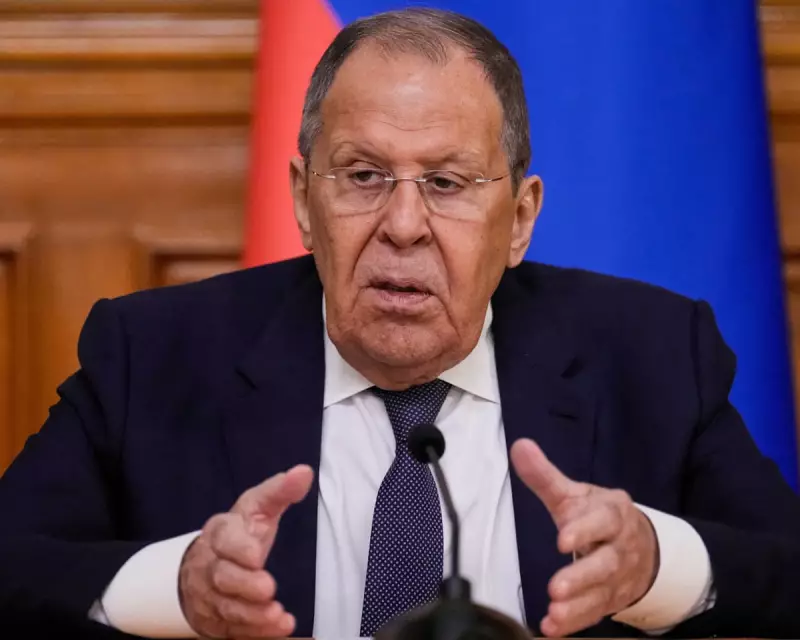
In a move that has sent shockwaves through diplomatic circles, JD Vance, Donald Trump's vice-presidential nominee, is advocating for a radical shift in US policy towards Ukraine that would all but guarantee Russian territorial gains.
According to exclusive reporting, Vance has been privately pushing a strategy that would see Washington strongarm Kyiv into accepting a ceasefire based on current battlefield lines. This would effectively legitimise Russia's illegal annexation of Crimea and large swathes of eastern Ukraine.
A Direct Challenge to European Allies
The proposal has been met with profound alarm in European capitals, particularly London. British officials view the plan as a catastrophic betrayal that would reward Vladimir Putin's aggression and fundamentally undermine the NATO alliance.
"This is exactly what we feared," a senior Whitehall source stated. "It's a blueprint for appeasement that would shatter European security and embolden adversaries worldwide. The message it sends is that invasion and war crimes pay."
The Vance Doctrine: America First, Allies Last?
Vance's position marks a dramatic hardening of the 'America First' ideology. He has publicly criticised the level of US aid to Ukraine and has been a longstanding sceptic of American involvement in the conflict.
His plan reportedly involves using the leverage of future US military aid to force Ukraine's hand, a move critics have labelled as diplomatic blackmail. This stance puts him on a direct collision course not only with Ukraine but also with key US allies who have championed Kyiv's cause.
Westminster's Furious Response
The reaction from British policymakers has been one of fury and deep concern. There is a growing fear that a second Trump administration, heavily influenced by Vance, would dismantle the united Western front against Russian aggression.
"This isn't just about Ukraine," a former UK defence minister warned. "It's about the entire post-war order. If the US withdraws its support for sovereign nations under attack, the entire architecture of NATO is called into question. The implications for global stability are dire."
The controversy ensures that the future of US-UK relations and the security of Europe will be central, and deeply contentious, issues in the upcoming American presidential election.





